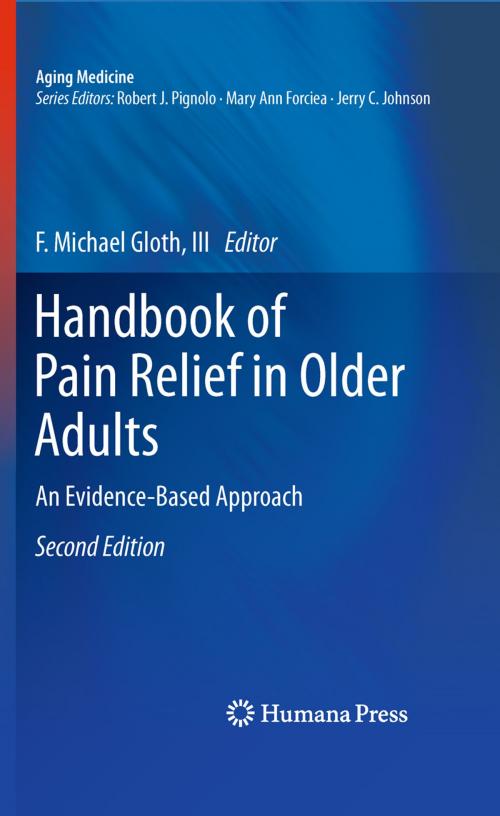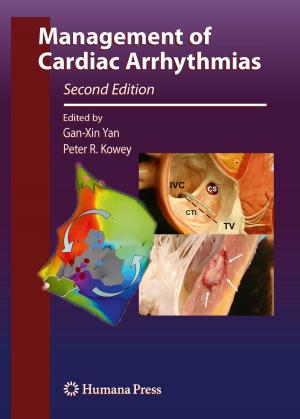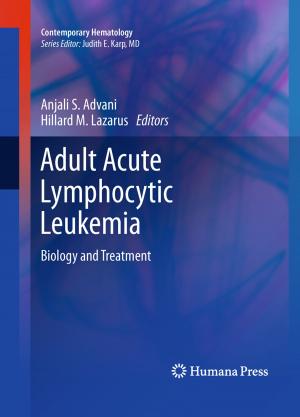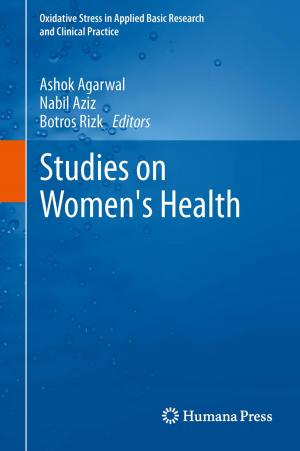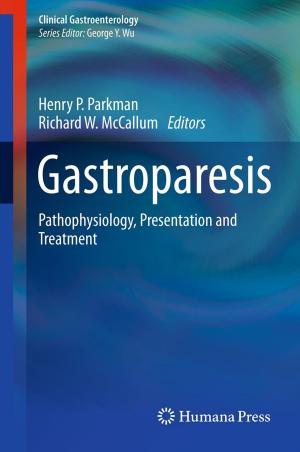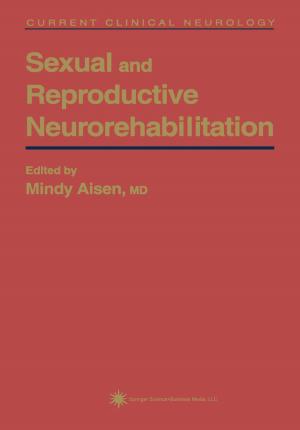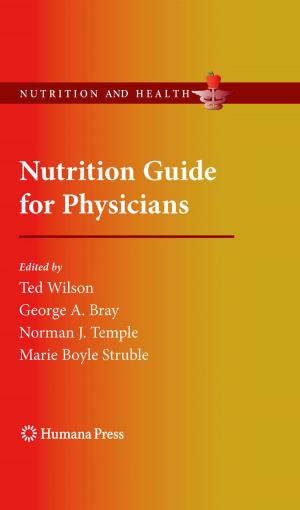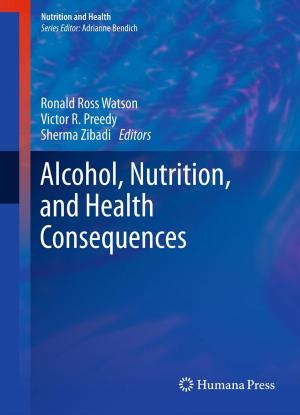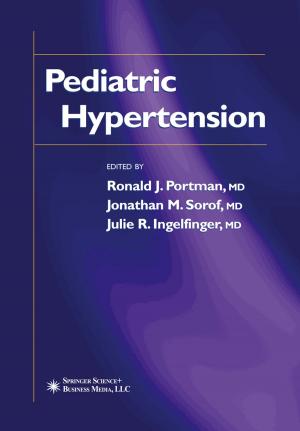Handbook of Pain Relief in Older Adults
An Evidence-Based Approach
Nonfiction, Health & Well Being, Medical, Specialties, Geriatrics, Family & General Practice| Author: | ISBN: | 9781607616184 | |
| Publisher: | Humana Press | Publication: | December 2, 2010 |
| Imprint: | Humana | Language: | English |
| Author: | |
| ISBN: | 9781607616184 |
| Publisher: | Humana Press |
| Publication: | December 2, 2010 |
| Imprint: | Humana |
| Language: | English |
The second edition of the Handbook of Pain Relief in Older Adults: An Evidence-Based Approach expands on the first edition by providing a number of timely new features. Most important of these are the revised recommendations from the American Geriatrics Society on prescribing that reflect the many new agents available since the last guidelines were released in 2001. Additionally, concepts such as synergy in prescribing for older adults have been better delineated in this edition. The most salient features of the original edition have been retained and updated, including the full range of approaches for pain assessment and prevention, interventional strategies, guidance on pharmacotherapy and nonpharmacologic pain relief strategies for seniors, preventive analgesia, the role of rehabilitation in sound pain treatment, legal and public policy issues in pain care for seniors, pain management in long-term care, and even the issue of spirituality as an adjunct to pain management. The second edition also includes a new chapter on resources, which includes organizations, internet websites, and guidance on acquiring additional consultation for pain intervention. Of particular interest is an updated discussion of the effect that electronic medical records and internet-based personal health records will have on pain relief in older adults and a new chapter that serves as a resource guide for patients and caregivers trying to navigate the waters of pain relief assistance. This issue has not been addressed substantively in the pain management literature and the ramifications for older adults are particularly poignant. Comprehensive and practical, the Handbook of Pain Relief in Older Adults: An Evidence-Based Approach (Second Edition) is a comprehensive resource with targeted, practical information that will be of vital importance for all clinicians who provide care for seniors.
The second edition of the Handbook of Pain Relief in Older Adults: An Evidence-Based Approach expands on the first edition by providing a number of timely new features. Most important of these are the revised recommendations from the American Geriatrics Society on prescribing that reflect the many new agents available since the last guidelines were released in 2001. Additionally, concepts such as synergy in prescribing for older adults have been better delineated in this edition. The most salient features of the original edition have been retained and updated, including the full range of approaches for pain assessment and prevention, interventional strategies, guidance on pharmacotherapy and nonpharmacologic pain relief strategies for seniors, preventive analgesia, the role of rehabilitation in sound pain treatment, legal and public policy issues in pain care for seniors, pain management in long-term care, and even the issue of spirituality as an adjunct to pain management. The second edition also includes a new chapter on resources, which includes organizations, internet websites, and guidance on acquiring additional consultation for pain intervention. Of particular interest is an updated discussion of the effect that electronic medical records and internet-based personal health records will have on pain relief in older adults and a new chapter that serves as a resource guide for patients and caregivers trying to navigate the waters of pain relief assistance. This issue has not been addressed substantively in the pain management literature and the ramifications for older adults are particularly poignant. Comprehensive and practical, the Handbook of Pain Relief in Older Adults: An Evidence-Based Approach (Second Edition) is a comprehensive resource with targeted, practical information that will be of vital importance for all clinicians who provide care for seniors.
